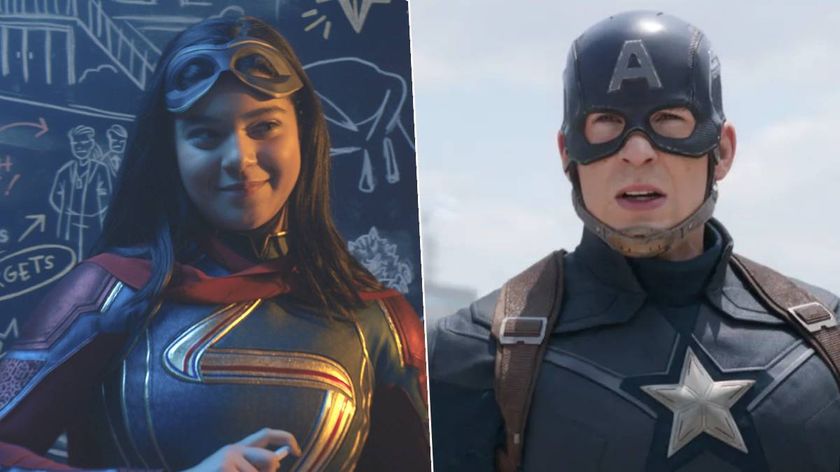Inside Techland: The Polish studio behind Dead Island, Dying Light, and Call of Juarez
How Techland rose from the ashes of Poland’s communist past to become a leading game studio
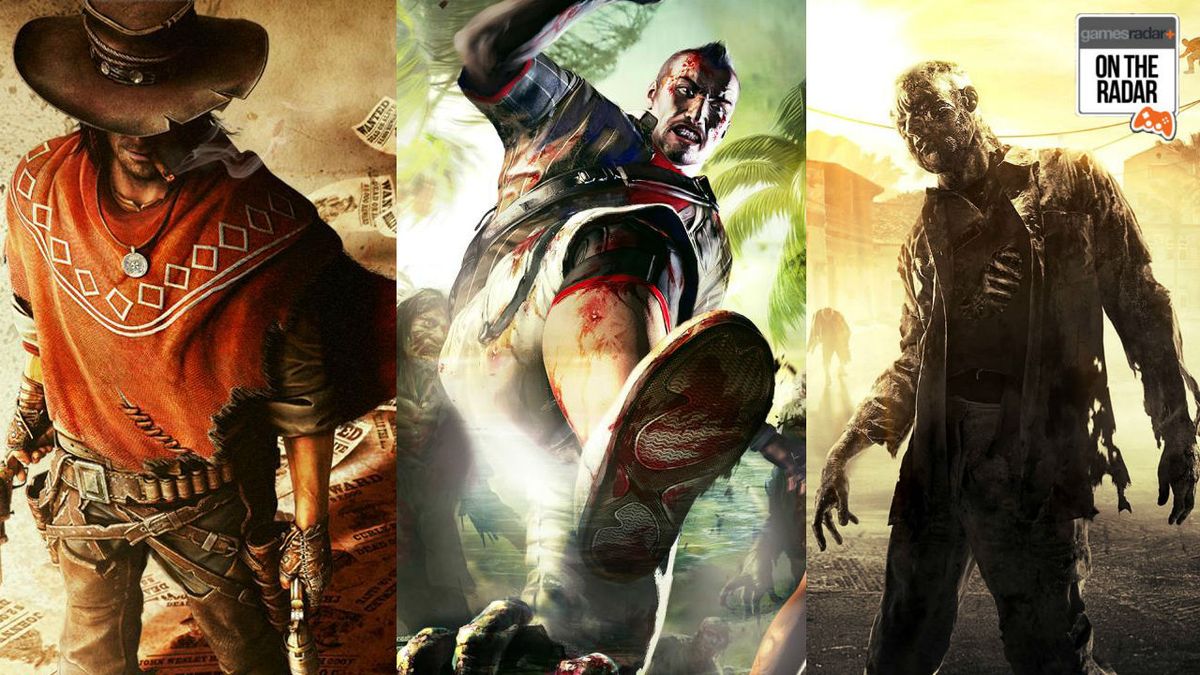
There’s a running, in-house joke that the quiet industrial park in which Techland’s head office resides – a dusty maze of rugged trails and residential homes just beyond the city centre of Wroclaw, Poland – is what inspired the ragtag suburbs of Harran that players can roam across in Dying Light. It’s certainly not the type of place you’d expect to find the developer behind one of this generation’s best new blockbuster IPs but, then again, Techland has never been a studio to blend in with the crowd.
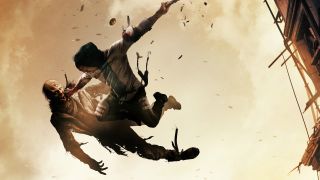
Keep up to date with all of our exclusive Dying Light 2 coverage in our On The Radar: Dying Light 2 hub.
An independent creation and publishing house of 300+ staff and almost 30 years experience, with its own proprietary game engine and over 100 different products to its name, the developer behind Dead Island, Call of Juarez, and the upcoming sequel to Dying Light is something of a rare beast for the industry. The company was founded in 1991 by its CEO, Paweł Marchewka, two years after the fall of Poland’s Soviet Union propped government, and initially focused on the distribution of gaming software in the vacuum left by its waning communist economy, much like another famed Polish developer – CD Projekt Red – was doing around the same time.
“We were ambitious from the beginning,” Marchewka tells me, as he reflects back on Techland’s early days. “Our main value has always been innovation, and we’ve never been typically corporate. Back then, all our energy and resources were spent on distribution, but the business generated from that went into developing our own games. So it was a tough time. But, after releasing our first product, things changed.”
Small beginnings
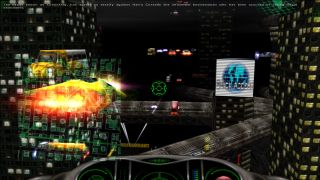
That debut release was Crime Cities, a sci-fi shooter which launched for PC in 2000. It wasn’t until 2003’s Chrome (no longer available), however, that the creative juices at Techland really began to flow. This was the first piece of software developed using the studio’s very own proprietary engine, and the company is still using its own tech (C-Engine) to build the concrete jungles of Dying Light 2 to this day. Talking to Techland’s Chief Technology Officer Paweł Rohleder, it’s clear that this extremely versatile piece of in-house kit has been key to the company’s success in the games industry.
“We’ve been developing the C-Engine for 19 years, and it’s like our competitive advantage on the market,” explains Rohleder. “That’s because we can tailor the engine to the select types of games that we’re working on, which makes it more efficient to develop two or three projects at the same time if need be.”
“To use an analogy, we’re not building a normal car, we’re building a Formula 1. So if you have Unreal Engine or Unity, you have something that you can drive on any tarmac or surface, but you cannot gain speeds on a racetrack, as it’s not going to be a dedicated vehicle for that kind of experience. Whereas our car is not for all terrain, it’s not for a family trip on Sunday. It’s for a racing track, and it’s going to be the fastest there.”
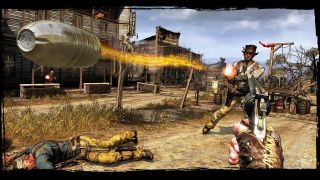
Tomasz Szałkowski, C-Engine’s Rendering Director, concurs. “The flexibility of an in-house engine gives us a lot of freedom to shape our games. We don’t have to wait for anybody else outside of our studio. Every decision stops with us here. Plus, our team knows the technology inside out, and we are trying to be on the top of new developments all the time, staying open to new things.”
Sign up to the 12DOVE Newsletter
Weekly digests, tales from the communities you love, and more
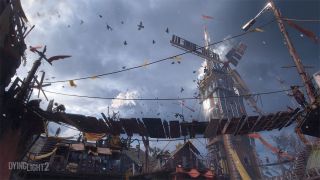
Techland confirms the grappling hook is back for Dying Light 2, promises it won’t break the game this time
After experimenting with a number of small, one-off titles, Techland eventually developed a taste for building franchises, beginning with western shooter Call of Juarez in 2006, which received three sequels and even caught the attention of Ubisoft, who acquired a portion of the IP’s publishing rights in a mutual partnership that lasted over a decade. However, Techland eventually got the rights to Call of Juarez: Gunslinger back from Ubisoft in 2018 and released a strange teaser trailer in November of that year where one of the series’ main characters, Silas Greaves, mysteriously paid his respects to Red Dead Redemption 2’s Arthur Morgan.
“Call of Juarez is the second [series we’re most proud of] after Dying Light,” says Marchewka, when asked if we could be seeing that franchise’s return in the near future. “We originally sold 50% of the IP to Ubisoft some time ago but, in the meantime, it turned out our ambitions for the franchise were greater than theirs. They said they would do much more work with it, but they didn’t, so both sides agree Techland have it back. It’s definitely an IP which we think of fondly, and in the future, you can expect more products from us set in that universe.”

In 2011, Techland revealed survival horror zombie game Dead Island to the public, via a melancholy CGI trailer that immediately captured the internet’s attention for its confident direction and emotive potency. Depicting the plight of a family caught up in the apocalypse, the piece is still considered a benchmark for the best game trailers today, but the tonal disconnect between that and the much goofier final product wasn’t to everyone’s tastes. Still, Techland kept working on the franchise with a mini-sequel in 2013 (Dead Island: Riptide) before moving on completely to a new zombie series altogether; the much more highly praised Dying Light.
That project, originally called Dead World, was intended to be a maturation of everything Techland had achieved with Dead Island, which meant leaving the latter franchise behind with Deep Silver, who began work on Dead Island 2 with a different developer. Dead Island 2, as it so happens, has been in development hell ever since, having shifted hands several times before going mysteriously radio silent a few years ago.
When I ask Marchewka if he ever wonders about Dead Island 2, and what could have been, he uses the analogy of the child that went to boarding school and never came back. “I don’t know if there isn’t a person who doesn’t wonder about what’s going on with Dead Island 2! Hopefully, they grow up and come back one day... To be honest, Dying Light is a step forward from what we did with Dead Island in many ways. I’m not saying there’s no room for Dead Island 2 anymore, especially with the demo that was shown some time ago looking more arcadey than our games, but I honestly don’t know. I have hopes!”
Gaming nation
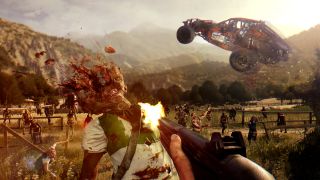
On the stage of the Xbox Press Briefing at E3 2018, Phil Spencer proudly spoke of Microsoft’s mission to reach out to developers around the world, “from Japan to Poland”, to better support the Xbox platform. That may have been a small, throwaway line to the ears of most but, for Techland’s developers, hearing their native country mentioned in the same breath as the games industry’s Mecca was nothing short of invigorating. Poland, a nation still recovering from its cataclysmic 20th-century history, is quickly becoming a centralised node in the network of global games development, to the point where Prime Minister Donald Tusk gifted a copy of CD Projekt Red’s The Witcher 2 to President Obama during his 2011 state visit.
"You can expect more products from us set in the Call of Juarez universe."
Paweł Marchewka, Techland CEO
It can’t be a coincidence that two major, independent game studios, both of whom have been praised for releasing excellent, consumer-friendly triple-A titles and continuing to support them with free DLC and massive expansions hark from the same nation, but what is it about Poland that is so conducive to a healthy games industry? After all, this is a country in which, 25 years ago, it was nigh impossible to even get your hands on a video game without potentially breaking the law. Marchewka has a couple of thoughts about that, too.
“It’s connected with our history, I’d say. We’re quite a young country in terms of economic drive, and our communist background gives us this hunger for success and western style achievements. We didn’t have the toys that many others had access to for a long time, but we wanted to have the same things which we’d seen in the movies. There was this dream in everyone. In the old days, games were not as popular, but as the law changed, so too did our habits, which allowed this momentum of making and consuming games to speed up.”
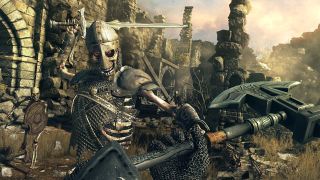
As for Techland’s future beyond the impending release of Dying Light 2, the studio has grand ambitions. The company has already announced that its Warsaw team are working on an open-world fantasy game that’ll be the next big thing after Dying Light 2, and Marchewka teases it’ll include “exciting” features that didn’t quite make the cut for that particular zombie franchise. But for those still awaiting the release of Hellraid, Techland’s fantasy hack and slash announced in 2013, don’t get your hopes up. Marchewka clarifies that project remains firmly “in the fridge” after Techland froze production on it back in 2016, though offers a germ of hope to counterbalance the continued stasis.
“We decided to freeze development on the product to concentrate on Dying Light... It’s still an interesting concept, though, so we hope one day we will come back to it. It’s just a question of getting all hands on board with its development, with an independent team that wouldn’t need our input on a daily basis, and we just can’t afford to do this right now. One day!”
For now, Techland is more than content to enjoy the fruits of its labours with Dying Light, using that momentum of the first game’s success to fuel the ambitious development of its sequel, which is already feature complete and closing in to release. Who knows? Perhaps the next time a sitting US President comes to visit Poland, it won’t be a CD Projekt Red game that the Prime Minister decides to gift them, but a copy of the latest Techland megahit.
Stay tuned to 12DOVE for more news and coverage of Dying Light 2 later this week, or check out our guide to the best new games of 2019 and beyond.
I'm GamesRadar's Features Writer, which makes me responsible for gracing the internet with as many of my words as possible, including reviews, previews, interviews, and more. Lucky internet!
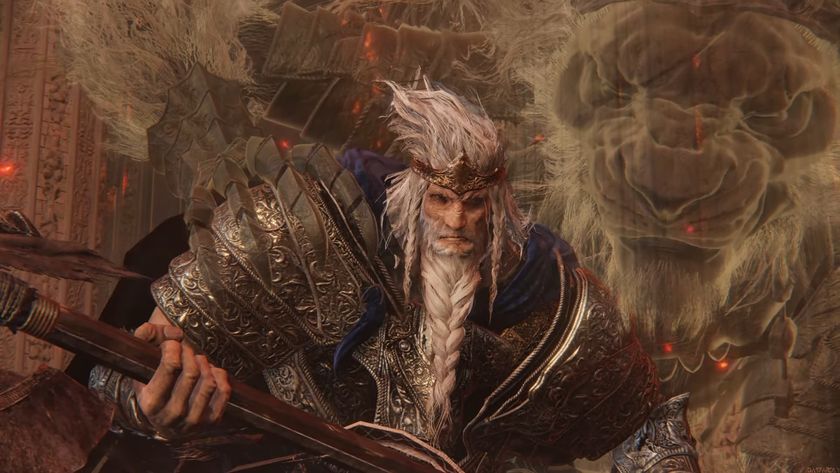
Elden Ring player becomes the first to beat every New Game+ difficulty back to back without getting hit, in an 8-playthrough run that somehow took under 12 hours
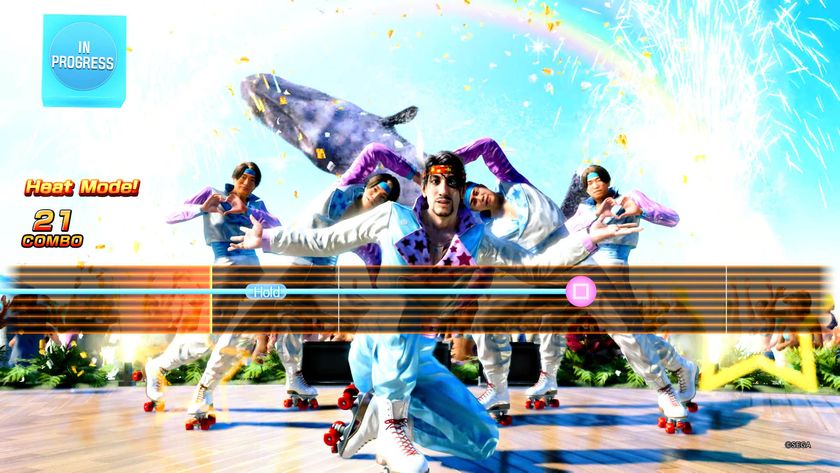
I spent 15 hours clearing a recycled map I'd already explored and loved every second – Like a Dragon: Pirate Yakuza in Hawaii is a greatest hits album and then some
Most Popular





